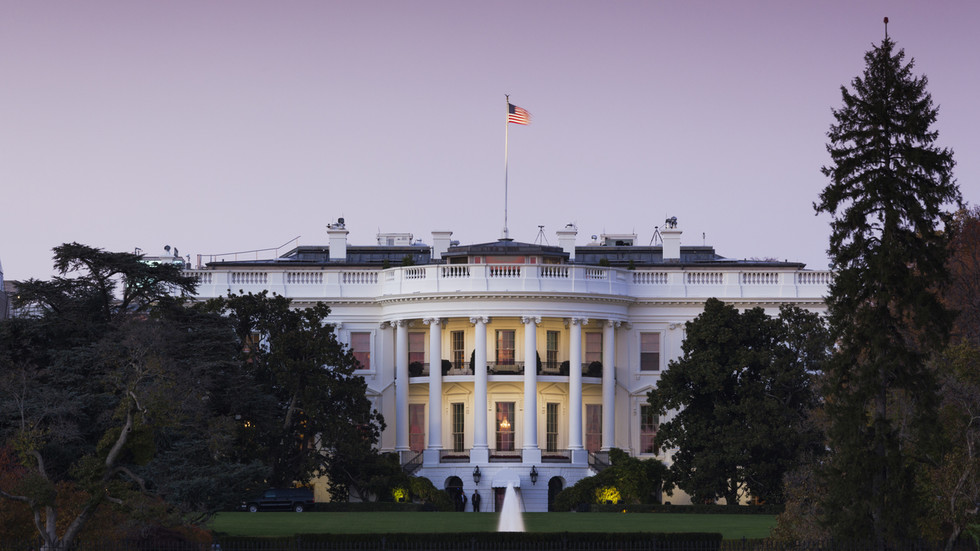The International Criminal Court (ICC), headquartered in The Hague, has recently issued arrest warrants for Israeli Prime Minister Benjamin Netanyahu and former Defense Minister Yoav Gallant, accusing them of war crimes and crimes against humanity related to the ongoing Gaza conflict. The court’s Chief Prosecutor, Karim Khan, has also brought similar charges against Mohammed Deif, a military leader of Hamas. This move has sparked strong opposition from the United States government, which has criticized the ICC’s decision, asserting that they “fundamentally reject” the warrants for Israeli officials. The U.S. National Security Council has raised concerns regarding the prosecutor’s approach and the perceived errors during the judicial process that led to these arrest warrants. The U.S. government emphasizes that the ICC lacks jurisdiction over these matters because Israel is not a signatory to the Rome Statute that established the ICC’s authority.
In contrast to the U.S., the European Union has welcomed the ICC’s actions, with foreign policy chief Josep Borrell describing the warrants as non-political and urging member states to comply with them. The Dutch Foreign Minister, Caspar Veldkamp, confirmed that the Netherlands would act on the arrest warrants and adhere fully to the ICC’s directives. Meanwhile, France acknowledged the complexity of arresting Netanyahu should he visit, while countries such as Italy, Sweden, Norway, and Ireland expressed their support for the ICC, reaffirming their trust in its independence and standards. This division between the U.S. and EU responses highlights the differing approaches to international law and accountability concerning the Israeli-Palestinian conflict.
Israeli officials have vehemently opposed the warrants, equating the ICC’s actions to anti-Semitism and accusing it of partisan alignment with Hamas. Israeli President Isaac Herzog criticized the ICC for allegedly siding with terrorism and undermining democracy. Netanyahu himself labeled the charges as absurd and false, while National Security Minister Itamar Ben Gvir described the court as fundamentally anti-Semitic, calling for sanctions against it and advocating for the annexation of the West Bank. This reaction underscores the Israeli leadership’s firm stance against what they perceive as unjust legal actions aimed at their state.
The ICC’s allegations include the use of starvation as a method of warfare, accusing Netanyahu and Gallant of deliberately depriving the Gaza population of essential resources such as food, water, and medical supplies without any legitimate military necessity. These charges fit within a larger investigation by the ICC, which is scrutinizing alleged war crimes committed by both Israeli officials and Hamas during the recent escalation of violence that followed the October 7 attacks on Israel. The complexity and gravity of these allegations raise critical questions about human rights and international law amidst a deeply entrenched conflict.
The issuance of arrest warrants against high-ranking officials raises significant implications for international relations, especially considering the potential for Netanyahu and Gallant’s arrest if they travel to any of the 123 countries that are signatories to the Rome Statute. This situation creates a precarious balance for the Israeli leadership, which may now be prompted to reconsider foreign travel and diplomatic engagements, especially in nations that have publicly endorsed the ICC’s mandates. The potential for arrest could also deter other nations from extending invitations to these leaders, impacting Israel’s global diplomatic standing.
The conflicting responses from the U.S. and EU to the ICC’s actions illustrate the complexities of geopolitical relationships in the context of the Israeli-Palestinian conflict. While the U.S. seeks to protect its ally Israel from what it perceives as politically motivated judicial actions, European states appear more inclined to uphold international legal standards as espoused by the ICC. This divergence reflects broader tensions in global politics, highlighting the challenges of achieving accountability and justice within a highly polarized international arena. As the situation evolves, the ICC’s authority and the legality of its proceedings will continue to be scrutinized, ultimately influencing both the immediate conflict dynamics and the broader discourse on international law.

